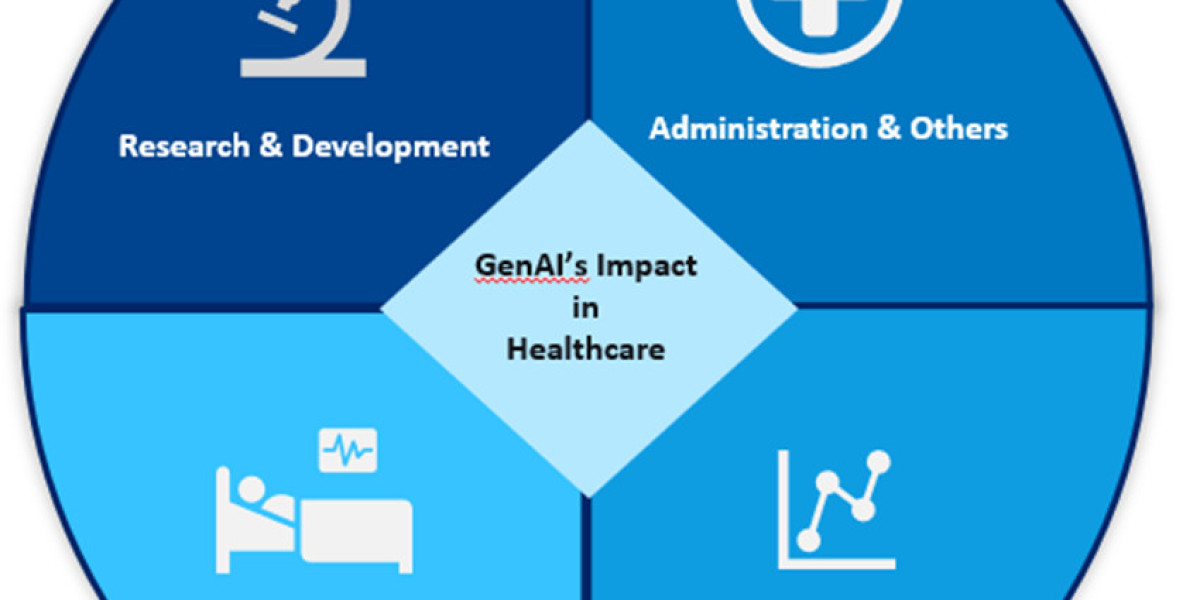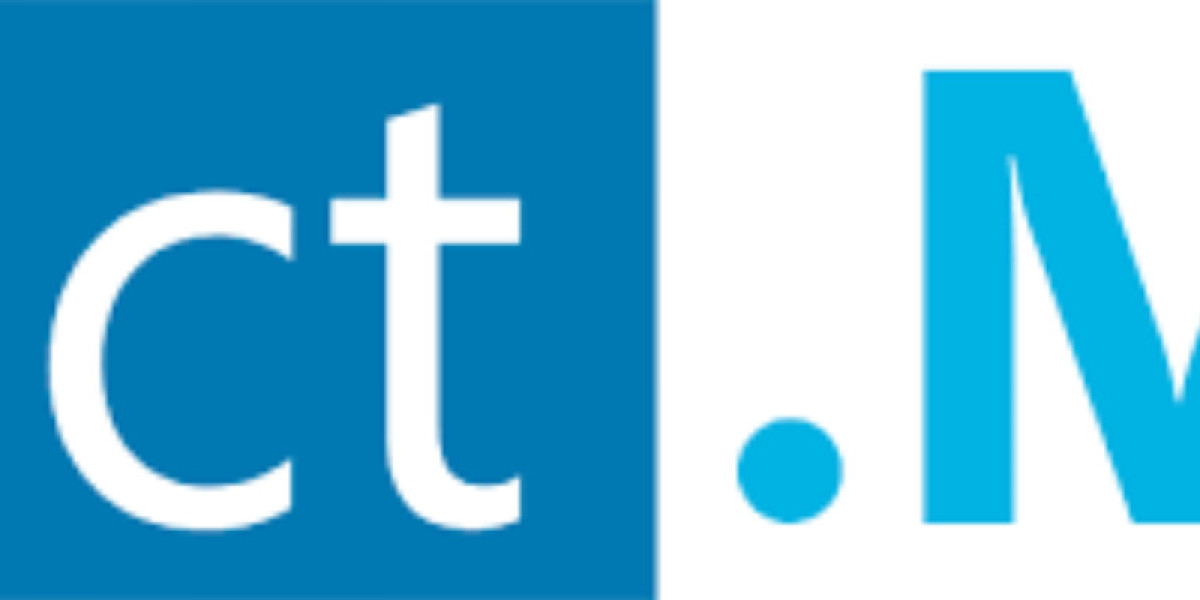Introduction
Generative AI, a subset of artificial intelligence that focuses on creating new content, is revolutionizing various industries, including healthcare. From drug discovery to patient care, generative AI is poised to transform the healthcare landscape. This article delves into the key trends, challenges, and opportunities in the application of generative AI in healthcare.
Key Trends in Generative AI for Healthcare
1. Drug Discovery and Development
- Accelerated Drug Discovery: Generative AI can significantly accelerate the drug discovery process by predicting molecular structures with desired properties.
- Personalized Medicine: AI-powered tools can analyze patient data to identify personalized treatment plans and drug regimens.
- Virtual Clinical Trials: AI can simulate clinical trials, reducing costs and accelerating the development of new therapies.
2. Medical Imaging
- Image Generation and Analysis: Generative AI can generate synthetic medical images for training AI models and augmenting real-world data.
- Disease Detection and Diagnosis: AI-powered image analysis can accurately detect diseases like cancer, cardiovascular diseases, and neurological disorders.
- Medical Image Synthesis: Creating realistic synthetic medical images can help train AI models and protect patient privacy.
3. Patient Care and Monitoring
- Virtual Assistants: AI-powered virtual assistants can provide personalized health advice, answer patient queries, and monitor patient health conditions.
- Remote Patient Monitoring: AI-enabled devices can monitor patients' vital signs and alert healthcare providers to potential health issues.
- Personalized Treatment Plans: AI can analyze patient data to develop personalized treatment plans, optimizing outcomes and reducing adverse effects.
4. Medical Education and Training
- Realistic Simulations: AI-powered simulations can provide realistic training scenarios for medical students and healthcare professionals.
- Personalized Learning: AI can tailor educational content to individual learning styles and preferences.
- Knowledge Discovery: AI can analyze vast amounts of medical literature to identify new insights and trends.
Challenges and Ethical Considerations
- Data Privacy and Security: Protecting patient data and ensuring privacy is paramount when using AI in healthcare.
- Algorithmic Bias: AI algorithms must be trained on diverse and representative datasets to avoid biases that could lead to unfair outcomes.
- Regulatory Hurdles: Navigating regulatory hurdles and ensuring compliance with healthcare standards is essential.
- Ethical Considerations: Addressing ethical concerns related to AI-powered decision-making, such as accountability and transparency.
Opportunities for Growth
- Improved Patient Outcomes: AI-powered tools can lead to earlier diagnosis, more accurate treatment, and better patient outcomes.
- Reduced Healthcare Costs: AI can streamline processes, reduce errors, and optimize resource allocation, leading to cost savings.
- Accelerated Drug Discovery: AI can accelerate the drug discovery process, bringing new treatments to market faster.
- Enhanced Healthcare Access: AI-powered telemedicine and remote monitoring can improve access to healthcare, especially in underserved areas.
Future Trends in Generative AI for Healthcare
- Multimodal AI: Integrating multiple data modalities, such as medical images, genomic data, and clinical notes, to provide more comprehensive insights.
- Explainable AI: Developing AI models that can explain their decision-making process, increasing trust and transparency.
- Ethical AI: Adhering to ethical guidelines and ensuring that AI is used responsibly and for the benefit of society.
Conclusion
Generative AI has the potential to revolutionize the healthcare industry, improving patient outcomes, reducing costs, and accelerating medical research. By addressing the challenges and embracing the opportunities, healthcare providers and researchers can leverage AI to build a healthier future.
Buy the Full Report for More Insights on the Impact of Gen AI in healthcare, Download a Free Report Sample









